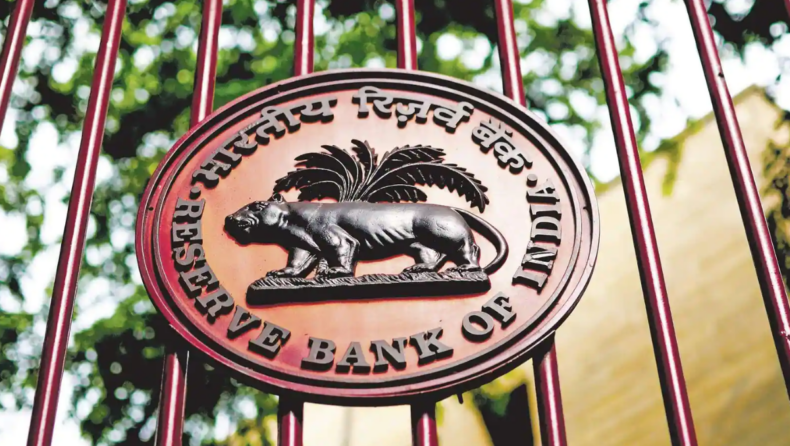The central bank informed all banks and non-banks that the instructions included in the digital lending circular would apply to current clients seeking new loans as well as new consumers being onboarded.
Highlights –
- The RBI has asked regulated entities to put in place adequate systems and processes to ensure that ‘existing digital loans’ comply with the guidelines by November 30.
- Regulated Realities responsible for icing that LSPs and DLAs engaged by them misbehave with the guidelines RBI
- The fresh directions will apply to both existing customers availing fresh digital loans and to new customers onboarded by digital lending platforms from September 2.
- The RBI further emphasized that the onus of complying with its standards remained with the companies it oversees.
To ensure a seamless transition to the new digital loan lending norms, the Reserve Bank of India said on Friday that all realities subject to it had till November 30 to ensure that all digital loans complied with the new regulations.
The controller emphasized that it was the responsibility of banks and non-bank lenders to ensure that their outsourced partners followed the regulations.
“To ensure a smooth transition, REs (regulated realities) shall be given time till November 30, 2022, to put in place respectable systems and processes to ensure that ‘being digital loans’ (sanctioned as on the date of the circular) are also in compliance with these guidelines in both letter and spirit,” the central bank said in a statement.
The banks and non-banks were told by the central bank that all instructions contained in the digital lending policy would apply to existing guests servicing new loans as well as new guests being onboarded.
The central bank issued digital loan lending guidelines
The central bank published digital lending principles this month, stating that loan distribution and collection must take place solely between borrowers and realities regulated by it, with no third party engaged.
The directive was part of the first set of functional rules it issued for banks and non-bank lenders with digital lending applications, intending to tighten oversight of comparable services.
The RBI further stated that the onus of adhering to its guidelines remained with the entities it governs.
“It’s reiterated that outsourcing arrangements entered by REs with an LSP/ DLA do not reduce the REs’ scores and they shall continue to conform to the extant guidelines on outsourcing,” it added
The REs is urged to ensure that the LSPs and DLAs they employ do not violate the standards outlined in this document.”
The central bank also made a series of suggestions to the government in its digital lending circular, including the passage of legislation prohibiting the unregulated lending activity.
The price of digital loans must be disclosed
The RBI stated that the cost of digital loans must be communicated to the borrower upfront and that there should be no provision for automatically expanding credit limits.
All costs payable to the loan service provider must be paid by the lender, not the borrower.
It said that both banks and non-banks are accountable for the privacy and security of client data.
The measures are based on the recommendations of a working group formed by the RBI last time to review governance concerns and consumer complaints regarding digital lending companies that offer rapid loans and have expanded during the pandemic.
Many have been charged for charging usurious interest rates, using harsh collection tactics, and generally acting immorally.
According to Inc42 research, the total nontransferable fintech demands in India are expected to reach $1.3 Tn by 2025. Advancement in technology is expected to account for 47 percent, or $616 billion, of overall demand.
Read More – IT, pharma & mutual funds are likely to fall in 2022 – Asiana Times













